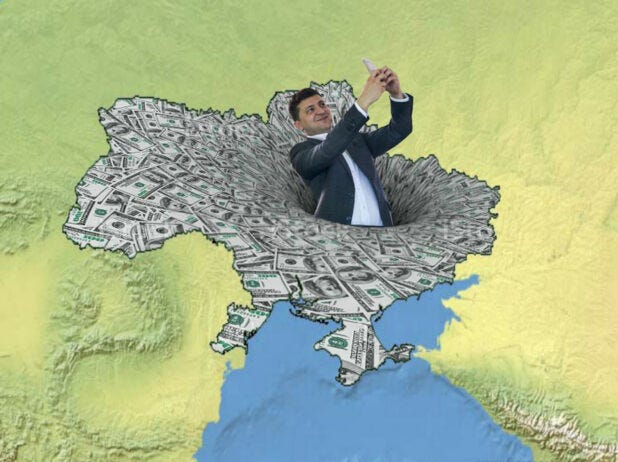The means to manage an end to US involvement in the Ukraine war is the subject of this post, which treats two major studies by the RAND Corporation.
I will compare the first, from 2019, which outlined the initial war aims and the suggested means of achieving them with the second, published last week.
T…
Keep reading with a 7-day free trial
Subscribe to Frank Wright to keep reading this post and get 7 days of free access to the full post archives.




